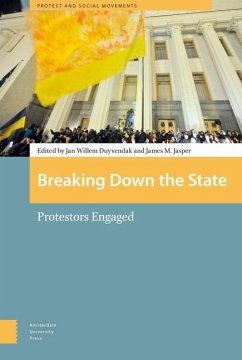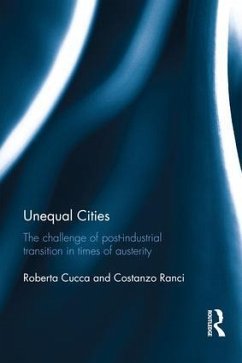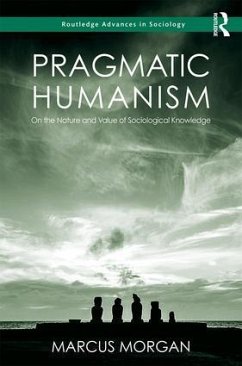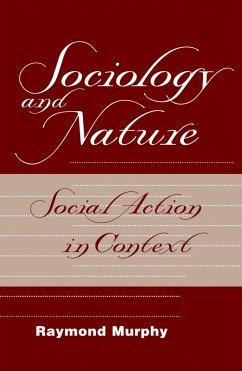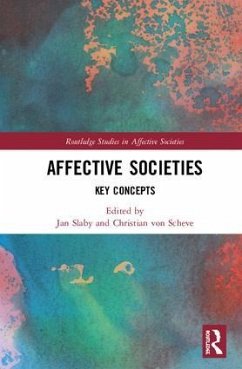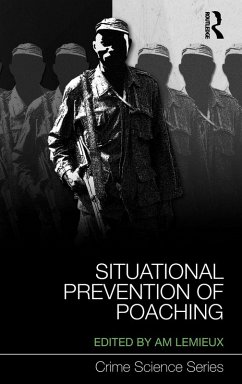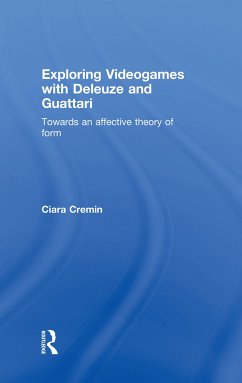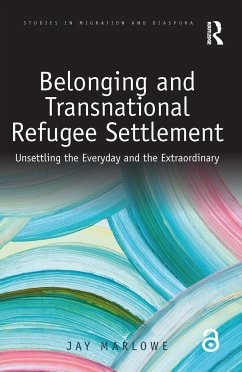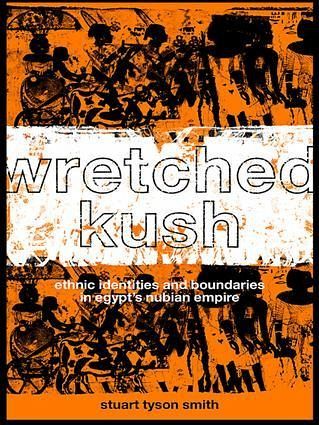
Wretched Kush
Ethnic Identities and Boundries in Egypt's Nubian Empire
Versandkostenfrei!
Versandfertig in 1-2 Wochen
168,99 €
inkl. MwSt.
Weitere Ausgaben:

PAYBACK Punkte
84 °P sammeln!
Ethnic groups are often seen as distinctive, well-defined units. Yet recent research suggests that ethnic boundaries are permeable, and that ethnic identities are contested, manipulated and overlapping. This is particularly true when cultures come into direct contact, as with the Egyptian conquest of Nubia in the second millennium BC. Smith uses Nubia as a case study to explore the nature of ethnic identity. He begins by using the tools of anthropology, examining the ancient Egyptian construction of ethnic identities with its stark contrast between civilized Egyptians and barbaric foreigners--...
Ethnic groups are often seen as distinctive, well-defined units. Yet recent research suggests that ethnic boundaries are permeable, and that ethnic identities are contested, manipulated and overlapping. This is particularly true when cultures come into direct contact, as with the Egyptian conquest of Nubia in the second millennium BC. Smith uses Nubia as a case study to explore the nature of ethnic identity. He begins by using the tools of anthropology, examining the ancient Egyptian construction of ethnic identities with its stark contrast between civilized Egyptians and barbaric foreigners--those who made up the wretched Kush of the title. The book then turns to archaeological evidence for ethnicity on Egypt's southern frontier, in the fortress community at Askut and the pyramid cemetery at Tombos. The multiple dimensions of ethnic identities and boundaries are highlighted as the author juxtaposes the political use of the ethnic "other" in texts and monumental art with archaeological patterns of mutual influence and intermarriage across ethnic boundaries.







